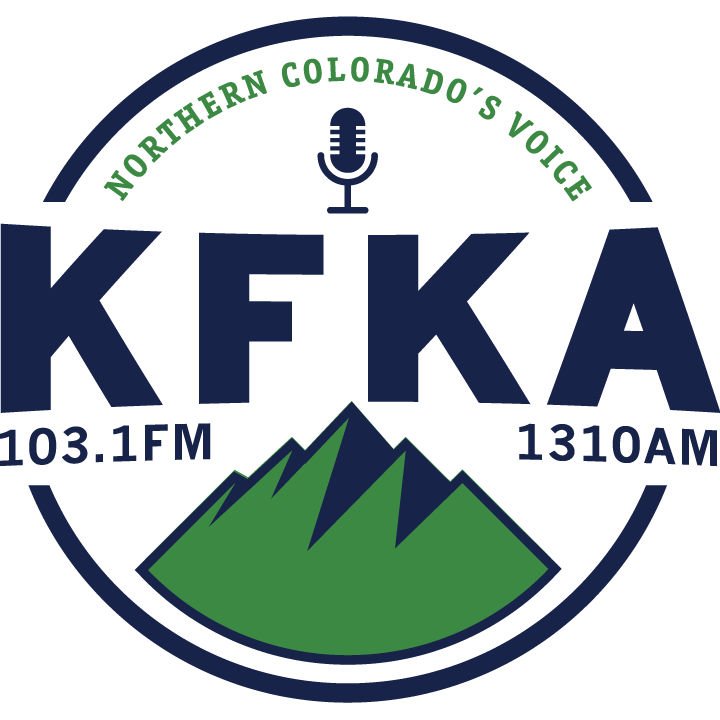 Pureradiancephoto/iStockBy DR. HEATHER J. KAGAN, ABC News
Pureradiancephoto/iStockBy DR. HEATHER J. KAGAN, ABC News
(NEW YORK) — As the COVID-19 pandemic drags on, those who suffer from addiction face an ever-growing list of challenges in getting the care they need.
While social distancing is taking an immense toll on those with substance-use disorders, bringing back triggers and destructive habits that may precipitate relapse, the challenges don’t end there — it’s even harder for them to get the care they so desperately need right now, at a time when they’re most vulnerable for spiraling into the depths of addiction.
Those with addiction have limited options for treatment amid the pandemic. Groups like Alcoholics Anonymous are transitioning to digital platforms, and health professionals are converting office visits to telehealth, but that hardly equals in-person therapy models that thrive on the power of togetherness and social connection.
On top of that, those requiring more intensive treatment are often meeting resistance when seeking this type of care.
Some live-in rehabilitation centers have turned to evicting those with COVID-19 over fears of the virus spreading like wildfire, while others facilities temporarily closed at a time when some needed them most. Although well-intended, these health care decisions have heightened the risk of relapse for many.
Gateway Foundation, a substance-use treatment center network with more than 100 sites nationally in California, Delaware and Illinois, shut its doors to new admissions for 10 days in April after it encountered its first COVID-19 case, which had exposed staff, said Dr. Thomas P. Britton, president and CEO. Gateway Foundation treats more than 10,000 people daily for substance-use disorders.
Dr. Marc Fishman, an addiction psychiatrist and medical director of Maryland Treatment Centers, a network that operates five live-in rehab centers, said the current plan is to evict patients “who have stable home situations,” transitioning them to outpatient care that includes telehealth services and deliveries of medications.
Overall, Maryland Treatment Centers’ live-in rehab center capacity has dropped about 40%, to approximately 200 beds offered from a typical capacity of 350, Fishman added. The decrease can be attributed to staffing shortages and many of the financial pressures facing other health care operations.
“I’m not aware, right now, of any COVID-positive addiction-recovery programs [in Baltimore] at this point, although that’s something that would be terrific if it were available,” said Dr. Kenneth Stoller, director of the Johns Hopkins Broadway Center for Addiction in Baltimore.
One of Stoller’s patients, a woman living at a full-time rehab facility in Baltimore, was asked to leave when she was diagnosed with COVID-19. She ended up at a COVID-19 shelter for the homeless, run by the Baltimore City Health Department.
Gateway Foundation recently reopened, Britton said, adding that “we have established two COVID-positive units in Illinois.”
The commitment to caring for those with addiction disorders is as strong as ever, he added.
“It’s frankly much more likely that they would die from their addiction than dying from COVID,” he said, “and so we’ve made the choice to continue operations.”
Copyright © 2020, ABC Audio. All rights reserved.
